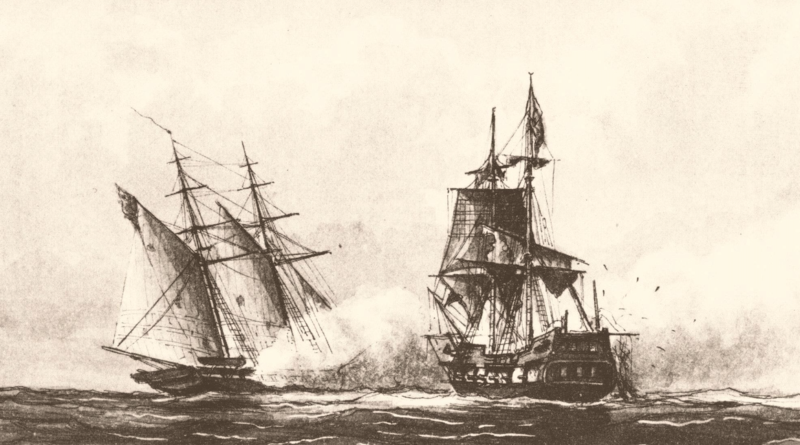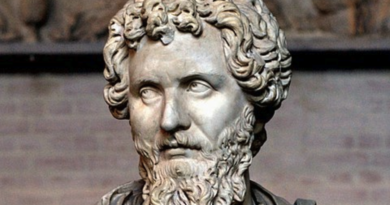Tripoli and its symbolism in American history
Tripoli, the capital city of Libya, holds a significant place in American history as the site of the famous Battle of Tripoli during the Barbary Wars. The city’s symbolism in American history represents the country’s early attempts to assert itself as a major player in international affairs and its commitment to protecting its citizens and interests abroad.
The Barbary Wars, which took place between 1801 and 1815, were a series of conflicts between the United States and the Barbary States of North Africa, which included Morocco, Algiers, Tunis, and Tripoli. These states, which had long been involved in piracy and extortion against American ships and sailors, demanded tribute payments in exchange for safe passage through the Mediterranean.
However, when Tripoli’s Pasha demanded an increase in tribute in 1801, President Thomas Jefferson refused to pay, leading to the First Barbary War. In 1805, Tripoli declared war on the United States, leading to a four-year-long conflict that culminated in the famous Battle of Tripoli.
The battle, which took place in 1804, involved a daring raid led by Lieutenant Stephen Decatur, who sailed a captured Tripolitan ship, the USS Philadelphia, into the harbor of Tripoli under the cover of night. Decatur and his men then boarded the ship and set it ablaze, preventing the Tripolitans from using it against the American fleet.
The Battle of Tripoli was a significant victory for the United States and marked the country’s first successful overseas military operation. It also established the precedent for American intervention in international conflicts to protect its citizens and interests abroad.
The city of Tripoli, with its rich history and cultural significance, continues to be an important symbol in American history. The iconic phrase “to the shores of Tripoli” from the Marine Corps Hymn represents the valor and bravery of the American troops who fought in the Barbary Wars and continues to be a source of pride for many Americans.



